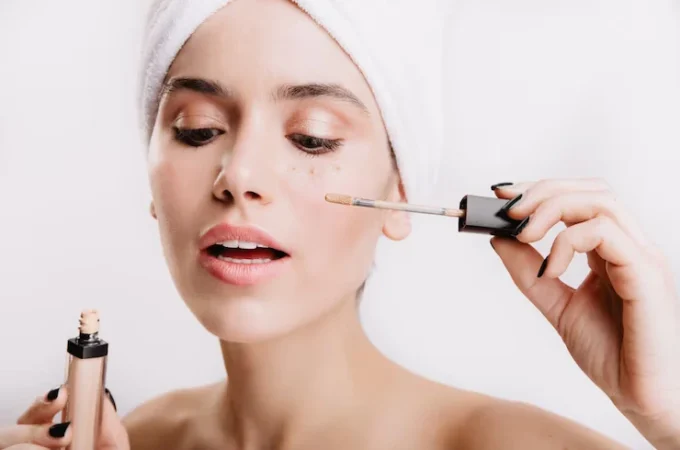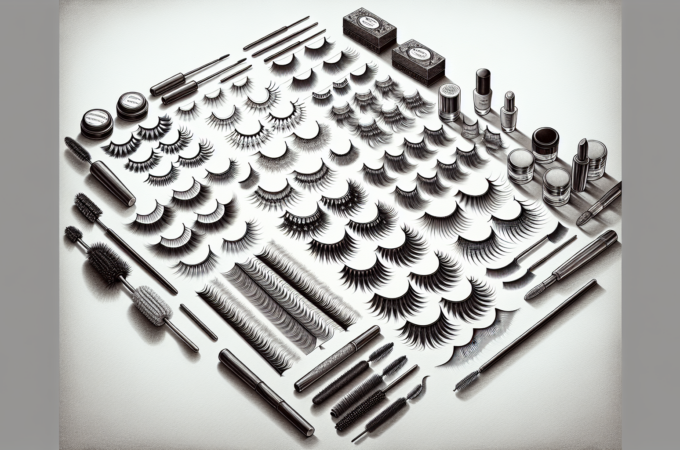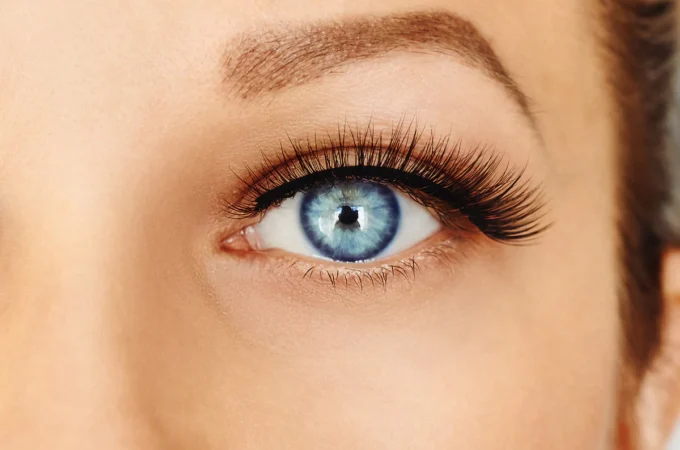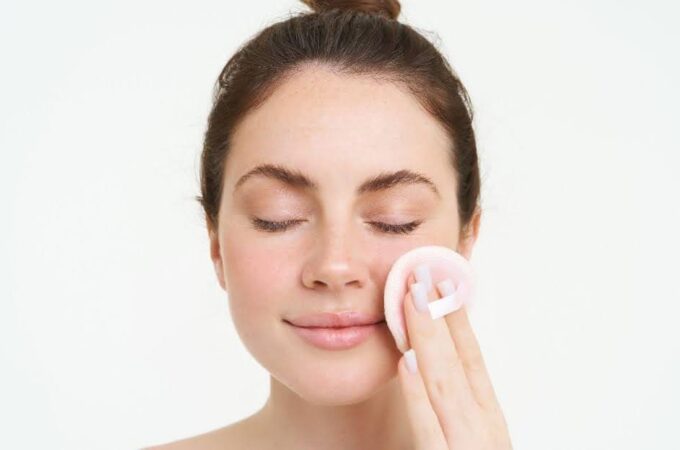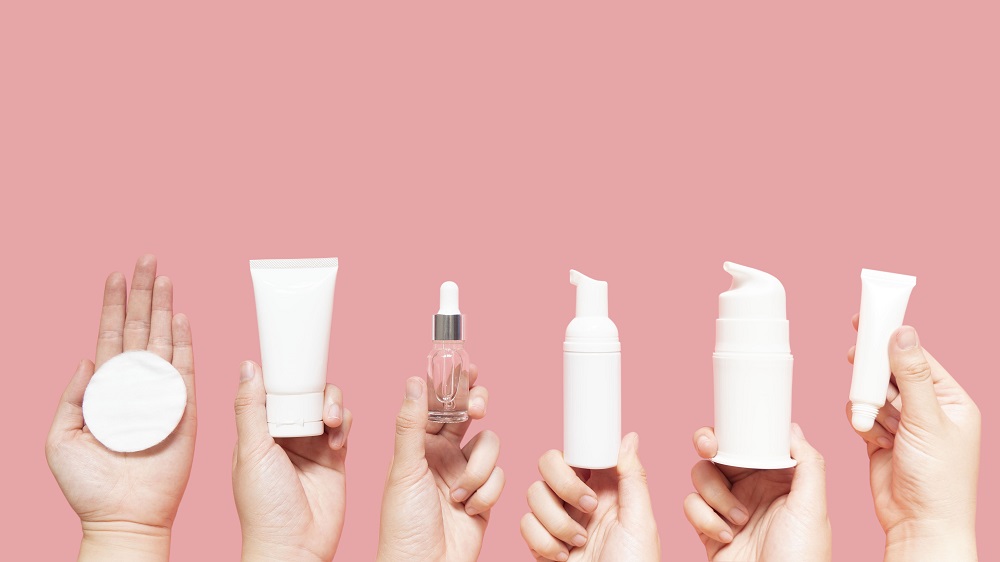
4 Reasons Your Moisturizer Might Not Be The Right One
Curating your skincare routine is a continuous process of searching for the right products to incorporate. Your skincare regimen can be completely different from that of another individual due to numerous factors such as age, skin type, dermatologist advice, preferences, budget, and the like.
Building A Skincare Routine: The Basics of Moisturizing
The fundamentals of building an effective self-care routine involve these basic products: cleanser, moisturizer, and sun protection. While the use of moisturizers has pretty much been the topic of debates, it’s essential to recognize the role of moisturizers in the skin.
Moisturizers, creams, or lotions are skincare products that provide hydration and moisture to the skin. These products are designed to penetrate your skin and make it softer, more supple, and more flexible. Some products also coat your skin’s surface.
After cleansing, your face becomes less soft and hydrated as it dries down, a phenomenon called transepidermal water loss (TEWL). In simpler words, water evaporates from your skin, making your face feel dry and rough. By applying a moisturizer on damp skin, the product will penetrate and fill the gaps between microscopic cracks in your skin that cause the said dryness.
The Reasons
When it comes to moisturizers, the real challenge is in finding the best one for your skin. If your current moisturizer isn’t giving the best results, here are four possible reasons it’s not the right one for you:
1. You’re Paying More Attention To Other Products
It feels fulfilling to take care of your skin, and that’s why some people allot a huge chunk of money to perfecting their skincare routines. If you keep on buying new skincare products, whether a new rejuvenating toner, a tiny, expensive serum; or piles of sheet masks, you should consider changing your priorities.
Like toners, serums, and sheet masks, these products mentioned are only optional to your routine. So, why not splurge on a luxury face moisturizer instead? This way, you can minimize the steps in your regimen and reduce the possibility of irritation due to using too many products.

2. Your Moisturizer Isn’t Giving Enough Hydration and Moisture
Moisturizers deliver varying levels of hydration and moisture to your skin. As moisturizers are often used as an umbrella term for moisturizer types like humectants, emollients, and occlusives, it’s worth knowing their differences when choosing the right moisturizer. These products generally fall into two functions: hydrating and moisturizing the skin.
Humectants are responsible for hydrating the skin by delivering ingredients that attract water from the surroundings and holding them in place. However, as water alone isn’t sufficient to moisturize the skin, it’ll need heavier components such as fats and oils found on emollients and occlusives, which trap water and seal the surface of the skin to prevent TEWL.
In the same way, your skin also accepts moisturizers in different ways according to your skin type. If your skin is on the drier side, you’ll need more moisture from your product. If your skin is dehydrated, you’ll see more improvements by adding hydration to your routine. It’s crucial to know if your skin is dry or dehydrated as it’ll need different treatments.
3. Your Moisturizer Is Too Heavy and Comedogenic
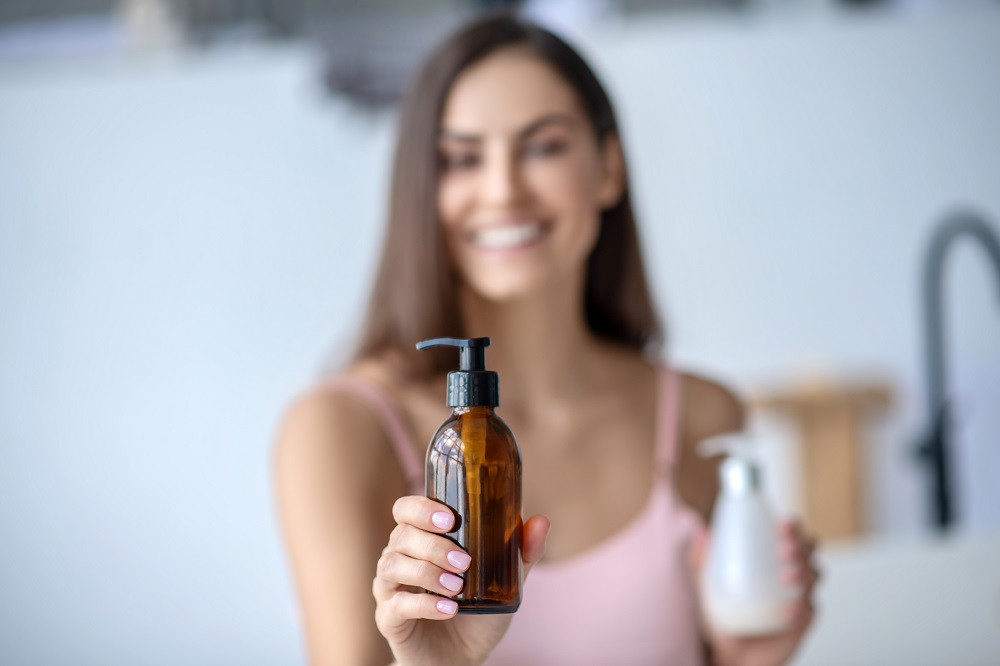
On the other side of the spectrum are people with oily and acne-prone skin. Moisturizers rich in hydrating and moisturizing ingredients are less tolerated by individuals with oily and acne-prone skin types. If your moisturizer is causing clogged pores and acne, this means that it’s too heavy for your skin.
Here are common pore-clogging moisturizer ingredients that you should stay away from if you’re oily or acne-prone:
- Ascorbyl palmitate
- Beeswax
- Petrolatum
- Coconut oil
- Acetylated and ethoxylated lanolins
- Shea butter
- Sorbitan oleate
Also, pay attention to how much product you’re using. Ideally, a pea-sized amount of moisturizer is enough to cover the entire face. Using more than the recommended amount can also account for clogging your pores.
Body moisturizers also tend to be too thick and heavy for the face, so keep your face moisturizer separate from your body lotions and creams.
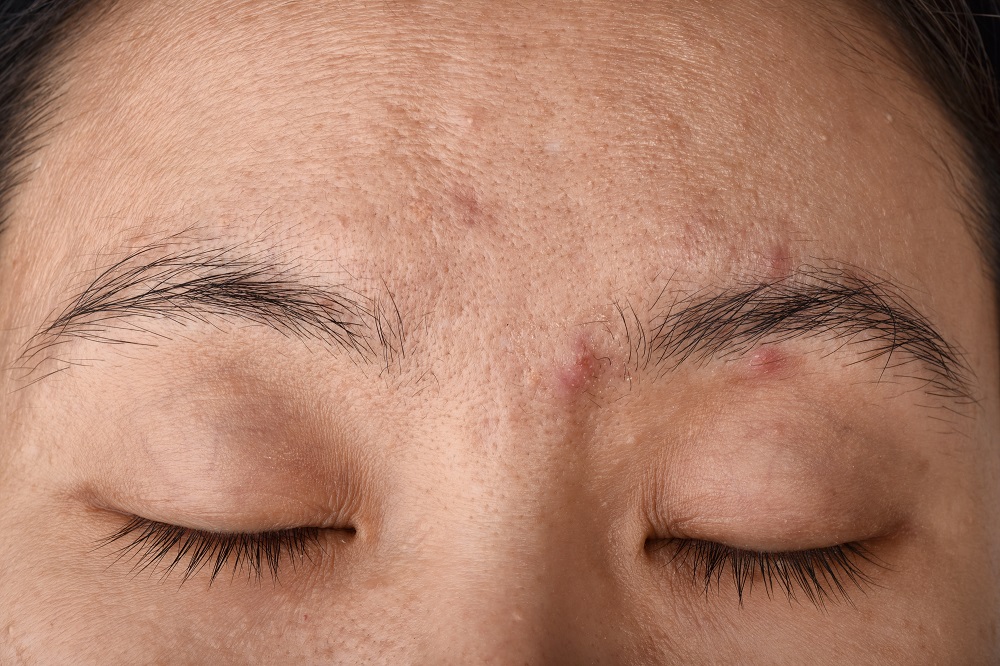
4. The Weather or Climate Doesn’t Suit Your Moisturizer
People located in regions with changing seasons struggle to find their ‘holy grail’ moisturizer. One will need more hydrating and moisturizing products during the colder months to protect their skin from dryness and flaking. On the other hand, thicker moisturizers can be frustrating to apply and wear in the summer.
Here’s how to choose your moisturizer, depending on your location and environmental conditions:
- Cold and dry air: Creams with more oil and less water
- Warm and dry air: Gel creams rich in hydration, followed by a good SPF
- Warm and humid air: Lighter lotions with more water and less oil
- Polluted city air: Moisturizer packed with antioxidant ingredients
- Mild weather: A simple, preferred moisturizer
Final Words
There’s no right or wrong answer when it comes to choosing a moisturizer for your face. A face moisturizer may work for your face, but can cause breakouts to other individuals. At the end of the day, the search for the right moisturizer boils down to the chemistry of your skin with the chemicals, ingredients, and textures of the products.
